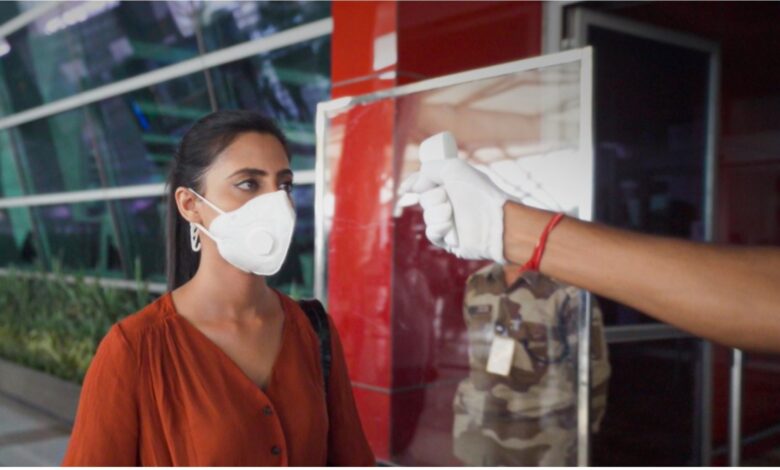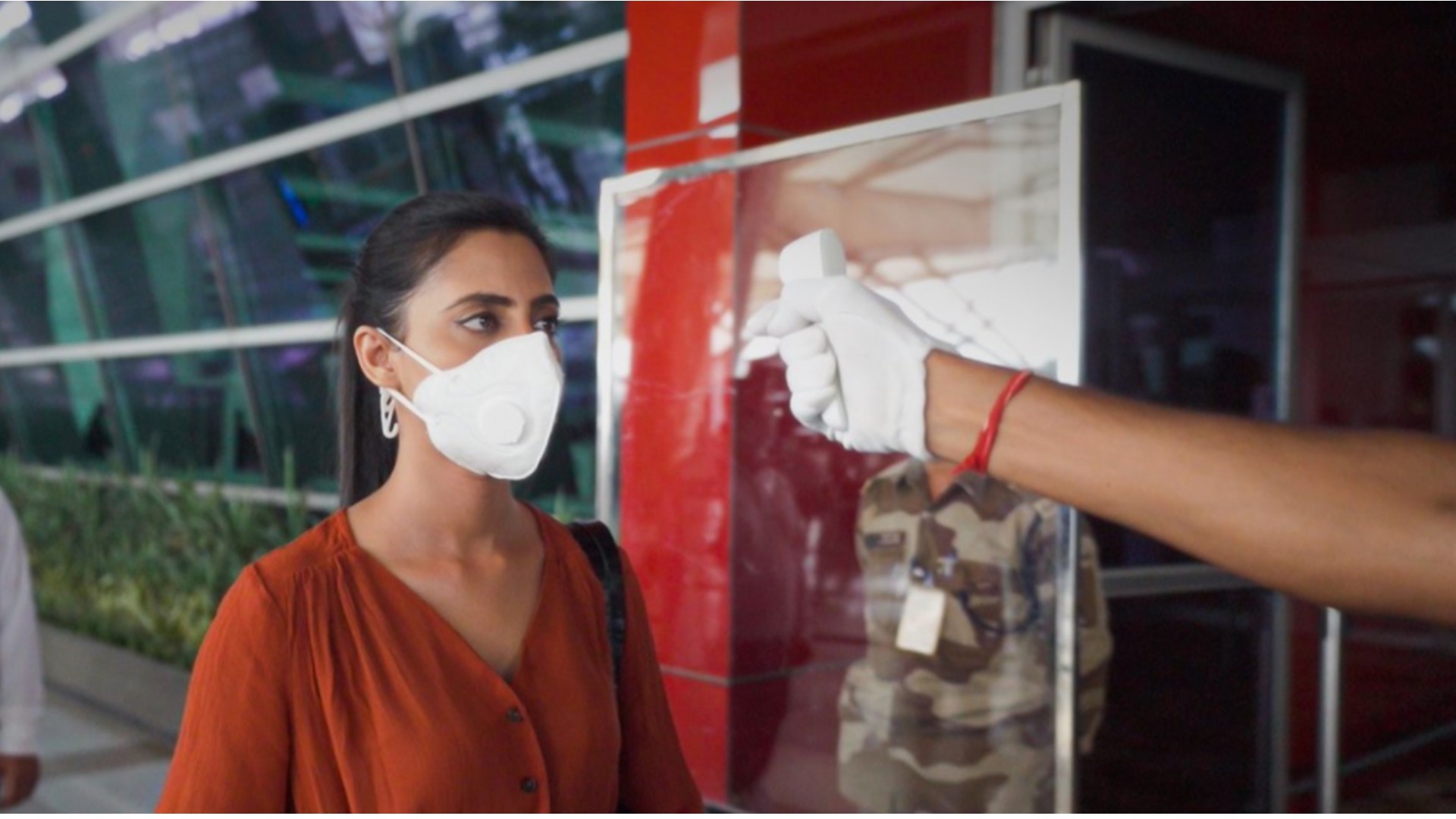Delhi Airport develops portal for all international arriving passengers across India

Delhi International Airport Limited (DIAL), a GMR Group-led consortium, today announced that it has developed a first-of-its-kind portal where India-bound international arriving flyers can fill the mandatory self-declaration form and also apply online for exemption from mandatory institution quarantine process. The online forms have been developed in collaboration with the Ministry of Civil Aviation (MoCA), Ministry of Health and Family Welfare, Ministry of External Affairs and Governments of various states and union territories including Delhi, Uttar Pradesh, Punjab, Rajasthan, Himachal Pradesh, Jammu and Kashmir, Haryana, Uttrakhand and Madhya Pradesh among others. As per the MoCA guidelines, this facility will be available for all international arriving passengers from August 8, 2020.
This will help in making passengers’ journey more convenient and comfortable in a contactless way as they won’t have to fill the physical copies of the forms on arrival. Delhi Airport continues to be a hub for international travel. With India establishing air bubble with several countries, the number of international arrivals is likely to go up. Then, this new online self-declaration & quarantine exemption portal will prove to be beneficial for the government officials in taking a swift and informed decision on granting exemption or know the latest health condition of the international arriving passenger.
Passengers seeking exemption under the five specific categories will need to fill the e-form available on the website of Delhi Airport “www.newdelhiairport.in”. They will have to submit it along with supporting documents, including copy of their passports, at least 72 hours before boarding their flights. However, there is no such time capping for passengers filling for the Self-Declaration form.
This process will help passengers avoid the hassle of providing the same set of information and documents to different authorities multiple times as online portal has the smart option to autofill the second application using the previous application’s request number. All applications will get auto-routed to the respective state government depending upon the first port of arrival. Similarly, all self-declaration applications will be routed to Airport Health Organization (APHO), under Ministry of Health & Family Welfare.
A copy of approval or rejection of exemption requests on specific grounds will be emailed to the passengers. Those who would be given exemption from mandatory institutional quarantine can show the same at transfer area after landing at Delhi Airport, and walk out of the airport hassle-free. This process would not only help the flyers, who can seek exemptions, but also the authorities in completing the requisite formalities faster, and reduce congestions at the arrival hall of the Airports.
Passengers would be considered for exemption only if they fall under any one of the five exempted categories – Pregnant women, Suffered a death in the family, Suffering from serious illness (Description to be provided), Parents accompanied by children below 10 years and Covid-19 negative in recent RT-PCR test. Airlines may also notify passengers at the time of reservation that the receiving Indian State Government(s) may authorize exemptions from institutional quarantine for five specific categories on a case-to-case basis.
Commenting on this development, Videh Kumar Jaipuriar, CEO-DIAL, said “Covid-19 has certainly changed the way Delhi Airport operates. The focus of our activities remains on the safety and convenience of our passengers. Keeping in view the inconvenience faced by arriving international passengers during this pandemic situation, Delhi Airport has associated with the Government of India to take an initiative that is crucial for the well-being of all international arriving passengers, who are waiting to come back to India. Having an approved exemption form will not only ease the quarantine process, but also mitigate the problem of inordinate delay while queuing up for quarantine process. Further, passengers can also avoid the hassle of the filling physical copies of the self-declaration twice.”
Usha Padhee, Joint Secretary, MoCA, appreciated the Delhi Airport’s initiative and said, “It’s been a while since International repatriation service resumed in India. Passengers are planning to travel for various reasons on limited international flights during the pandemic. MoCA appreciates Delhi Airport’s contribution in helping digitize and streamline this process of health self-declaration and exempting passengers. E-platform prepared by DIAL would be used by all airports in the country & help the States/ health authorities to fast track the process of clearances for international arrivals. This will further facilitate to scale up the number of flights handled at Indian airports.”
As per the current government mandate, all passengers arriving by international flights in India must undergo seven days institutional quarantine at their own cost, followed by seven days of home quarantine. It is mandatory for international arriving passengers to undergo health screening by APHO. This includes thermal temperature screening by discreetly mounted, highly accurate, mass screening cameras.





